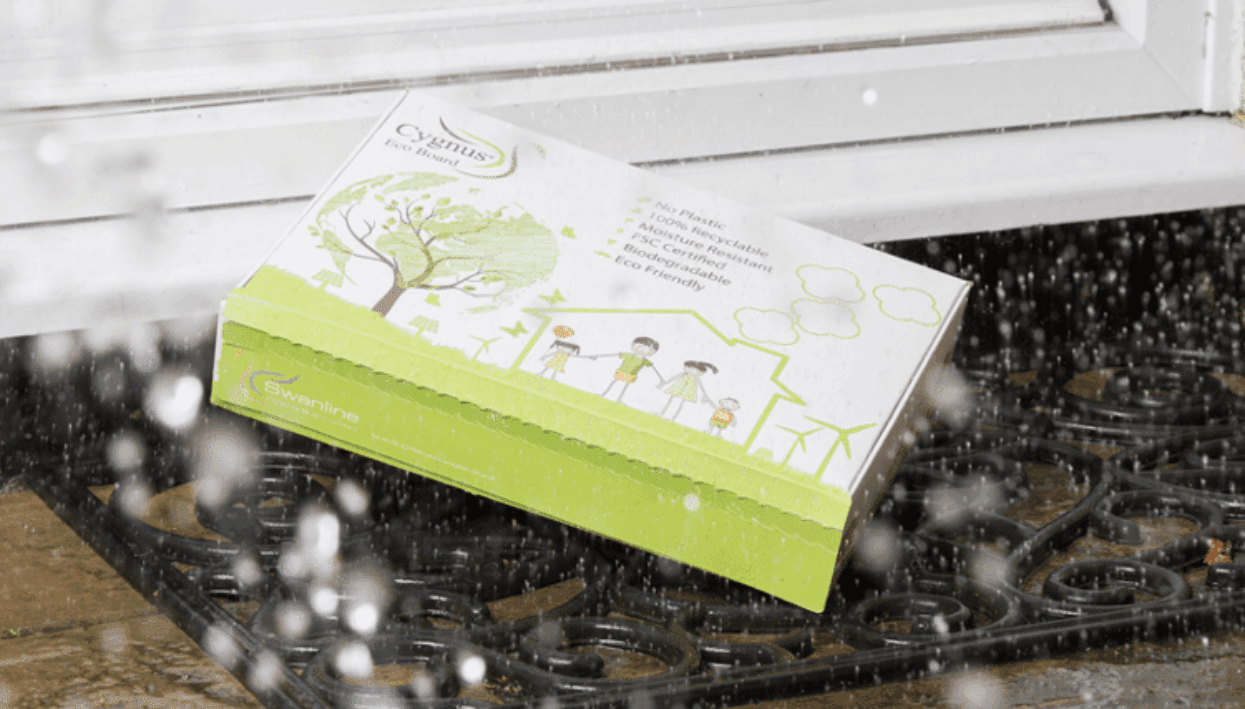Signage
Sustainability
Wide Format Printing
Sustainable alternatives to plastic 2: Cygnus Eco Board
Author
FESPA Staff
Published Date
27/04/2020
Become a FESPA Member
to Continue Reading
